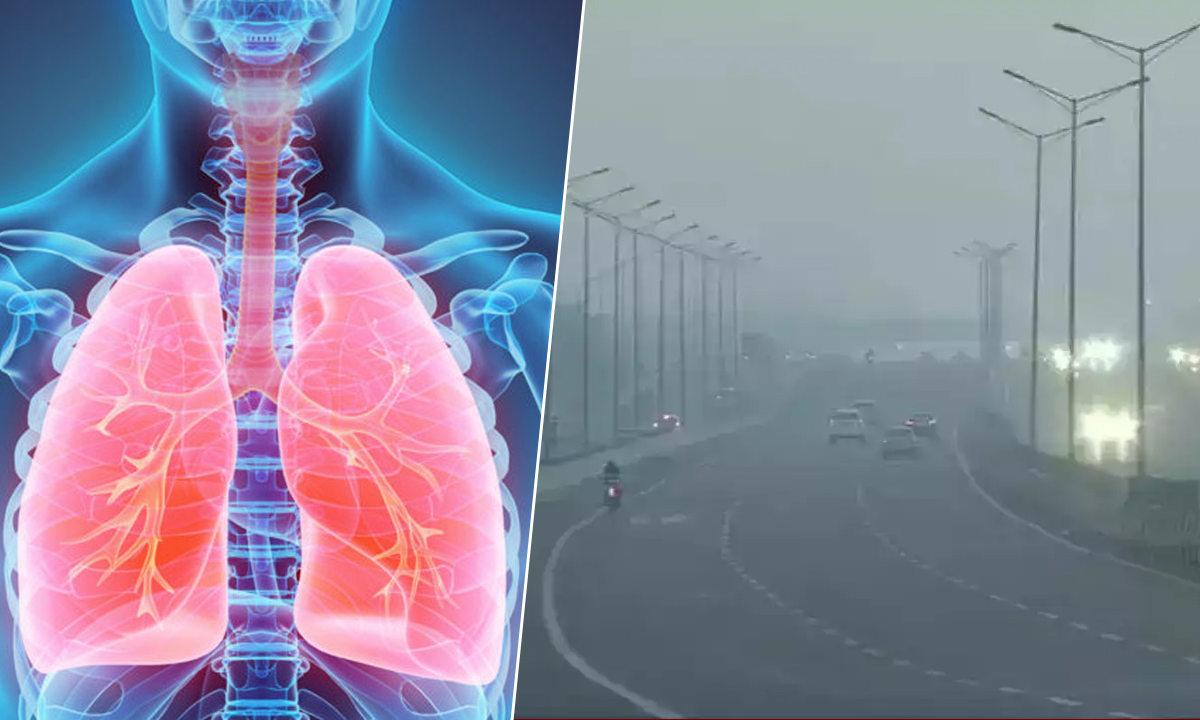Hyderabad: With winter settling over Hyderabad and temperatures gradually dipping, hospitals across the city are witnessing a noticeable rise in patients suffering from respiratory and lung-related illnesses. Doctors warn that the cold season poses heightened risks, especially for individuals already diagnosed with asthma or Chronic Obstructive Pulmonary Disease (COPD).
Speaking to a Telugu news channel, Dr. Shravan Kumar, Superintendent of Chest Hospital, cautioned that winter conditions often aggravate breathing difficulties. He revealed that COPD has now emerged as the second leading cause of death in India, largely driven by smoking and worsening air pollution.
According to Dr. Shravan, people who have smoked consistently for 10–15 years or those exposed to smoke from firewood stoves in rural areas are particularly vulnerable. He added that even non-smokers living in close contact with smokers can develop symptoms such as persistent cough and breathlessness due to prolonged exposure to secondhand smoke.
Emphasizing early diagnosis, Dr. Shravan advised individuals at risk to undergo a spirometry test, which helps detect lung damage in its early stages. If identified on time, and if the patient quits smoking, the progression of the disease can be significantly slowed. He also noted that inhalers play a crucial role in managing symptoms and keeping the condition under control.
Commenting on simple home remedies, Dr. Shravan recommended steam inhalation for relief from blocked nose and throat irritation, stressing that it remains one of the safest and most effective methods. He urged people above 50 and those with chronic lung diseases to avoid early-morning walks during peak cold hours. If stepping out is necessary, he advised wearing warm clothing and using a mask, while suggesting that evening walks are generally a safer option during winter.
Highlighting the importance of vaccination, he expressed concern that awareness among Indian adults remains low compared to developed nations. He strongly recommended annual influenza and pneumonia vaccines for individuals over 50, as well as for those with diabetes, hypertension, or long-standing respiratory problems, to reduce the risk of severe infections.
Sharing details of the current situation, Dr. Shravan noted that hospitals have recorded nearly a 10% rise in respiratory cases since the onset of winter. He warned that with temperatures expected to drop further in January and February, the number of pneumonia and breathing-related cases may increase even more.
